Is natural gas bad?
Yes it very much is no matter how you look at it. Burning any fossil fuel releases carbon dioxide into the atmosphere and contributes to the warming of the planet. The carbon dioxide emissions from burning natural gas are lower than with oil or coal, but there are other emissions to be concerned about. Burning natural gas also emits carbon monoxide, nitrogen oxides (NOx), and sulfur dioxide (SO2), along with methane which is another potent greenhouse gas.
Aside from the climate impacts, not to be ignored are the asthma and cancer risks from burning natural gas in homes, read more here. It has been estimated that 40 million homes in the US have gas cookstoves, and there are very clear and alarming links to respiratory illness and cancer.
How is natural gas extracted?
There are a variety of ways that natural gas can be extracted, so it depends on the geology of a particular area. It can be accessed by vertical drilling, horizontal drilling, and the most controversial and ecologically damaging method – hydraulic fracking.
The process of fracking involves injecting a high-pressure fracking fluid comprised of water, sand and chemical thickening agents into a well to create cracks in deep rock formations which releases gases. Some of these chemicals and liquids will of course remain in the earth, and much of it ends up back at the surface where it can be absorbed back into the ground, or spill into rivers and streams.
Does fracking contaminate drinking water?
There are conflicting opinions about whether or not fracking can contaminate ground water, and consequently contaminate wells and drinking water. Opposing opinions on the internet eh, who knew that was a thing? Well, it is.
From industry you can easily find supporting documents stating that there is no conclusive evidence supporting a correlation between fracking and contaminated ground water. From environmental protection organizations, you can find conclusive and damning evidence that fracking poisons drinking water.
So, who to believe? We’ll let that be your choice based on who's motives seem more credible. Fossil fuel industries are driven purely by profits, Environmental agencies are driven by a desire to protect natural water ways. 'Nuff said.
For some, it would appear that the idea of injecting of chemicals at high pressure into the ground to create cracks in rock formations and release fossil fuels causes no consternation about contaminating adjacent aquifers. To others, present company included, the mere suggestion that such a process is safe is utterly asinine.
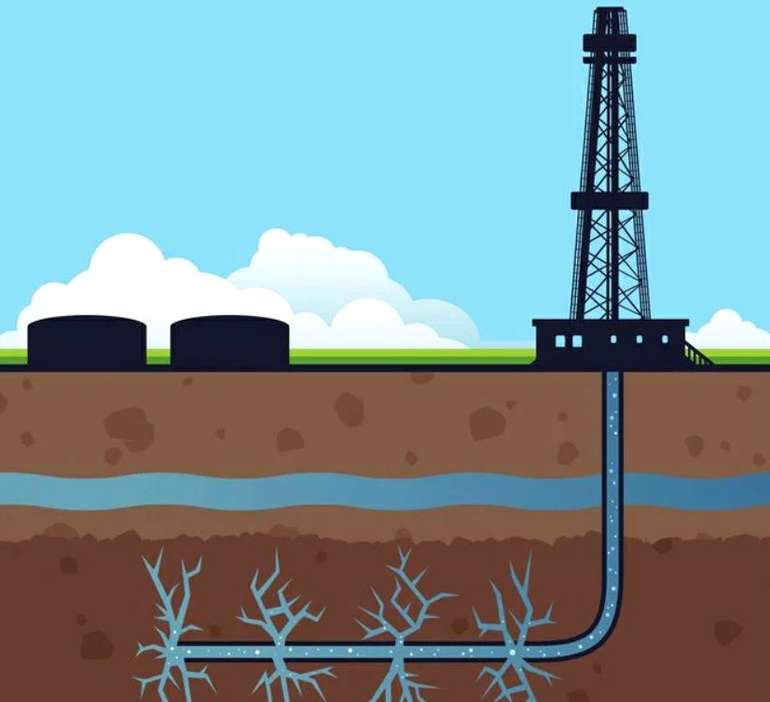
Natural gas being banned in US cities
Following in the footsteps of the European Union where many countries have already banned natural gas for home heating and cooking, there are already major US cities that have enacted bans as well, or that are in the process of phasing it out.
San Francisco, Seattle, Denver and New York are 4 examples of cities that either have already banned natural gas, or that have proposed bans coming in the near future. In a 2019 unanimous vote from its city council, the city of Berkeley, California was the first US city to ban natural gas hookups in new buildings. Kudo’s to you Berkeley! In Canada, Quebec now plans to phase out natural gas heating by 2040.
How long will natural gas reserves last?
It is impossible to predict accurately, but based on current global consumption and known natural gas reserves, it is anticipated that the world will run out in about 50 years. This could change of course if additional reserves are found or if there is strong global momentum moving towards clean renewable energy that slows the consumption of gas, but the writing is on the wall. Fossil fuels are a finite resource, and given that the easy reserves of oil, gas and coal have for the most part been exhausted, that leaves expensive and ecologically destructive extraction methods.
That is why companies have had to move towards fracking to find natural gas, mountaintop removal to extract coal, and techniques such as offshore drilling or oil sand extraction to find oil. They’ve picked all the low hanging fruit, and all that is left is getting increasingly expensive.
Why is natural gas so popular as a home heating source?
Natural gas is said to be 'cleaner’ than coal or oil, and that ‘fact’ was enough to launch a very successful global marketing campaign to convince homeowners that heating with gas is safe and clean. The illusion (or delusion) we cling to that burning gas is clean and affordable has led to the simple assumption that heating homes with natural gas is a no-brainer.
So along with being clean, it's also cheap, right? Well, that’s only until the laws of supply and demand come into play. As home developers increasingly install gas home heating systems, this seemingly abundant fuel is quickly being depleted and driving up costs.
While natural gas may be cheaper now, it is in our opinion fairly myopic thinking to assume that it will remain the cheapest heat source in as little as 10 years in the future – while your expensive gas heating systems are still well within their functional lifespans.
What is the best heat source for a home?
There are a few criteria to consider when choosing the best heat source for a home – ecological impact, cost, and future availability. And none of those variables bode well for gas in the long term.
First, the ecological impacts are clear. Natural gas is not as bad as other fossil fuels, but it still has a hefty environmental impact. Cost-wise, it may be cheap now but that simply won’t last. As countries, and even states, provinces and cities are supporting a transition towards clean and renewable energy, we believe heating with electricity is the cleanest and most sustainable fuel source.
What about propane, for an off-grid home for example? Propane has many of the disadvantages as natural gas, for health as well as for the environment.
Is Renewable natural gas a greener option?
Renewable natural gas (RNG) is essentially biogas, (the gaseous product of the decomposition of organic matter) that has been processed to specific purity standards. Like conventional fossil gas, RNG can be used as compressed natural gas (CNG) or liquefied natural gas (LNG). Presented as an excellent alternative to fossil gas, and better for the environment, RNG actually shares many of the disadvantages of fossil fuels. Only present in very small amounts in the distribution system for residential users, it is more of a greenwashing tactic than an actual solution to the problems that the use of gas for heating and cooking poses.
Is electricity generated by burning natural gas?
Yes, it often is. The way the power grid works is that power is effectively supplied by the closest source. So whether you live beside a hydro dam or a gas plant, not that the climate knows or cares, but the closest producer is your personal power source.
But as we mention above - costs are increasing, bans come into place and more renewable sources continue to come online. That means the percentage of 'actual' clean energy in the grid in increasing, so homes with electric heat sources emit less and less greenhouse gases every year that passes.
More efficient homes are cheaper to live in
We would of course add the caveat to the above, that building more energy efficient homes is an integral part of the equation. Simply put – the economics of home heating are such: the less heat and energy you lose, the less you need to inject. If you design homes so that you are investing in reducing energy needs rather than investing in heating infrastructure, the source of heat becomes almost unimportant. If your house requires 90% less energy, then a minor premium in fuel costs becomes negligible.
It has been proven unequivocally that with a proper design, the premium you would pay for a more energy-efficient house is offset by monthly energy savings, so efficient homes are actually cheaper to own and operate. So we need to stop building throwaway homes that hemorrhage heat and energy if we stand any chance of staving off a climate catastrophe.
Buildings are responsible for more than 50% of climate change emissions, and all because we have built them to the lowest common denominator – building code minimum performance standards. And we are all paying the price for it in terms of personal finances but also the ecological destruction and a warming planet.
Now you know more about natural gas as a heat source and the environemental damage it causes, learn more about sustainable home comfort, energy efficiency and how to reduce the carbon footprint of homes on the following pages and in the Ecohome Green Building Guide.
Find more about green home construction and reap the benefits of a free Ecohome Network Membership here. |
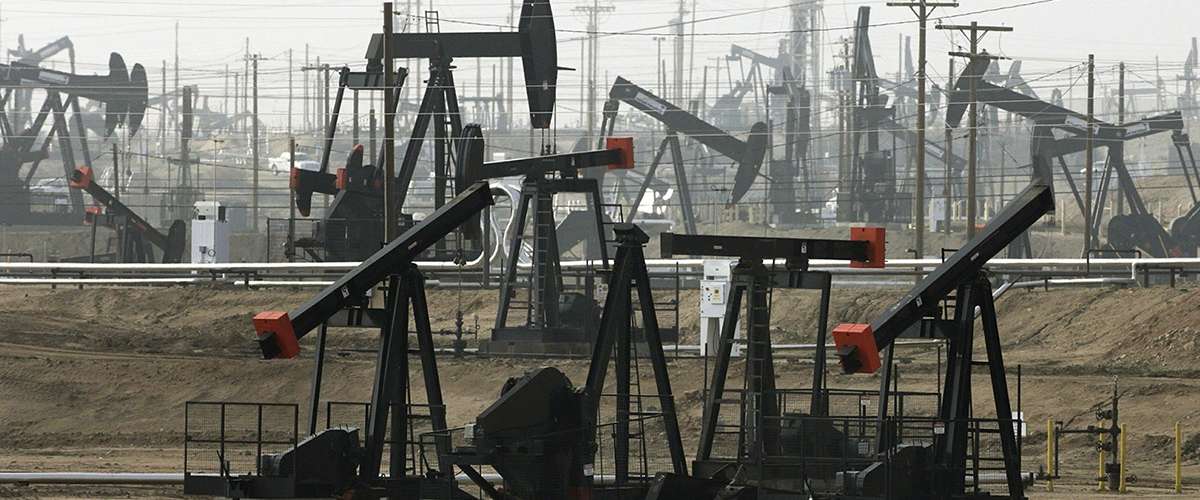



















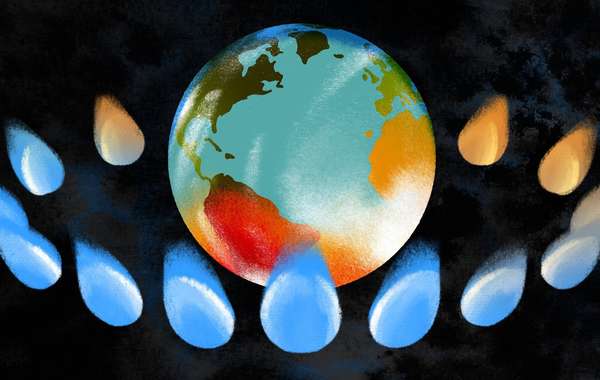

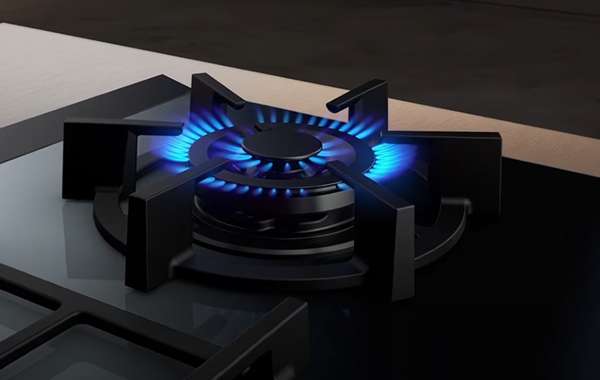
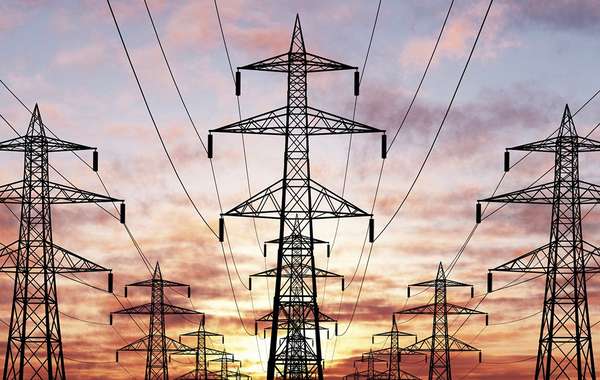

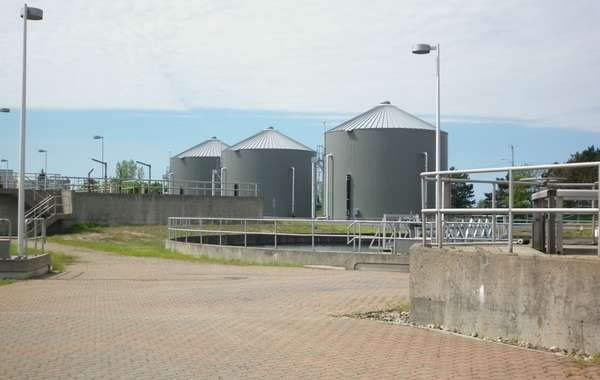

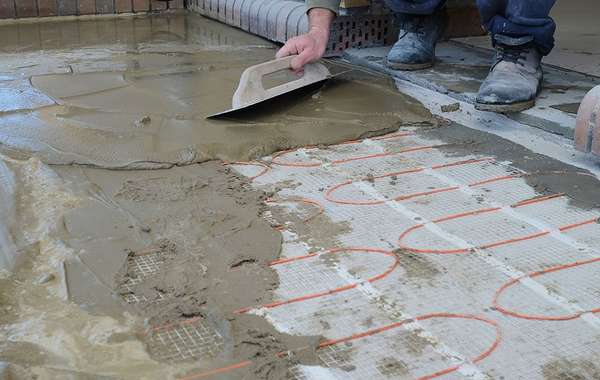
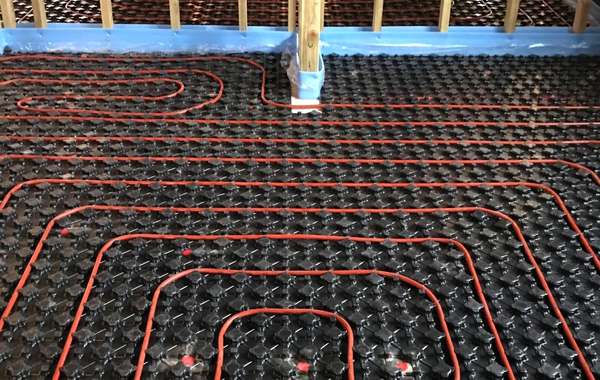
Comments (0)
Sign Up to Comment